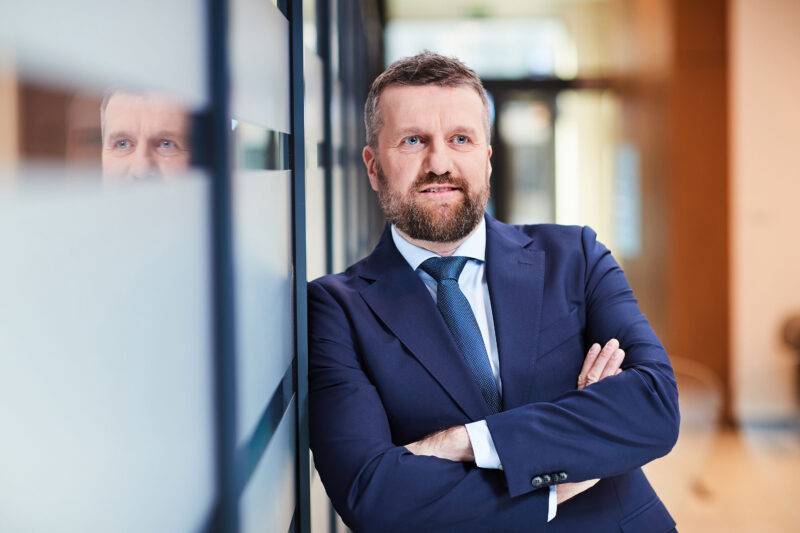If we do not take decisive preventive measures, the world in 2024 will slowly be heading towards a cyber abyss. We will encounter threats such as ransomware software and hacktivism, and criminal gangs using AI and deepfake will threaten organizations around the globe, altering the perception of reality.
“This year, artificial intelligence will further support so-called ‘threat actors’, accelerating and expanding the capabilities of hacking tools. This applies regardless of whether we’re talking about more profitable and faster development of new variants of malicious software, or the use of deepfake technology in phishing attacks or other attempts to impersonate real individuals or entities,” emphasizes Wojciech Głażewski, country manager at Check Point Software.
According to experts, Deepfake will be used to produce content that influences public opinion, manipulates stock prices, or impacts diplomatic relationships and international conflicts. These tools are currently easily accessible online and cybercriminal groups will also use them in social engineering attacks, aiming to gain access to sensitive data.
The Russo-Ukrainian conflict was a milestone in cyber warfare conducted by nation-states. Geopolitical instability is set to persist in 2024, and hacktivist activities will constitute a larger portion of cyber attacks, particularly DDoS, primarily aimed at causing disruption and chaos.
Ransomware is one of the most significant threats of 2024. Data from over 120 “shame sites” on ransomware revealed that about 50 groups dealing with ransomware software have led to breaches and public excesses of ransom among over 2,200 victims. Last year, several high-profile cases occurred, including an attack on MGM Resorts, which shut down major Las Vegas facilities for several days, with remediation likely costing millions.
2024 also signifies an increase in attacks on supply chains and critical infrastructure. With an increase in cyber attacks on critical infrastructure, especially those state-influenced, a shift towards “zero trust” models is expected. These require verification from everyone trying to connect to a system, regardless of whether they are inside or outside the network. Meanwhile, governments should implement stricter cyber security regulations to protect personal data.
Phishing attacks will continue to be a challenge for companies. New campaigns aided by artificial intelligence may become more personalized and effective, making it even harder for individuals to identify hackers.
